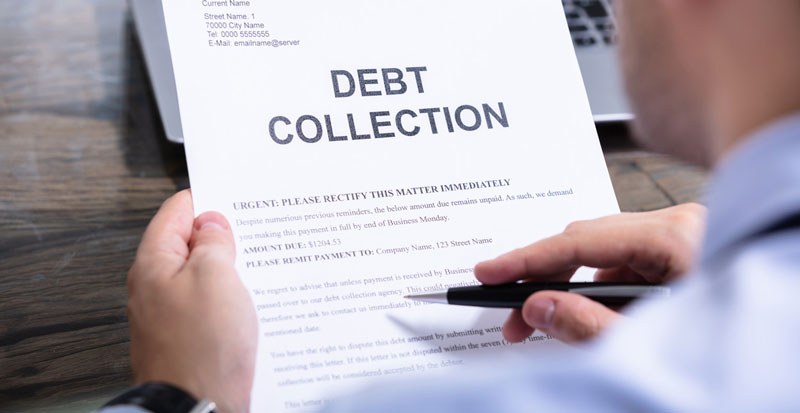A different way to pay off old debts is to "pay for delete." In exchange for payment, a debt collector will remove a collection account from your credit report. Paying to delete an account is a way to get rid of it faster. The Fair Credit Reporting Act says you shouldn't do this, even though it might seem like an excellent way to develop your credit history. Before you utilize it to pay for delete, ensure you know how it works, how probable it is to boost your credit rating, and what other choices you have.
What is a Pay for Delete Letter?
A borrower can start the "pay to delete" process by calling the collection agency or sending a "pay to delete" letter. When you send a "pay for delete" letter, you should clarify that you are willing to pay back all or part of the debt if the collection agency removes the account from your credit report. After then, the debt collector may determine whether or not to handle the account. A pay-to-delete letter is useless in court, which is too bad. Even if you pay them, they can still put the account on your credit report. So, before you send payment, you should ask the collection agency for written proof that they will delete the account.
What Happens To Your Credit When You Pay To Delete

If you don't make payments, your credit score can go down, but if your account goes to collections, it can drop by as much as 110 points. The higher your score was to start with, the more points you lose, and vice versa. Keep in mind, though, that paying for delete has different effects on a person's credit depending on how their credit is in general.
For example, if a borrower has more than one account in collections, "pay to delete" is less likely to make a big difference in their score. Still, if you only have one account in collections and the debt collector agrees to take it off your credit report, you might see an improvement.
Will You Utilize Pay for Delete?
People should not utilize "pay to delete" to remove a collection account from their credit scores. Here's why you must not attempt to boost your credit score by using "pay for delete:
People are told not to do it
Even though the Fair Credit Reporting Act doesn't say it's wrong, the strategy is in a grey area. This is because paid-off accounts can't be removed from a person's credit report. Only information that is wrong or not complete can be taken off. Most pay-to-delete letters don't have any legal weight because of this.
The debt collector might not do what they say
Debt collection agencies usually only care about getting paid. Because of this, a debt collector may take your payment but not remove the account from your credit report.
The account won't be gone for good
Credit bureaus can fix mistakes and report payments, but they probably won't get rid of the collections account entirely. The original creditor can't change what they said about the debt.
Other Options to Pay For Delete

Other ways to get collection accounts off your credit report besides "pay for delete," which isn't always a good or reliable choice. Think about these other options before you pay to delete:
Dispute Any Inaccuracies
"Pay for delete" is a grey area in credit reporting, but it's fine for creditors to fix mistakes on your credit report. If you think a collections account is on your credit report by mistake, there are things you can do to fix it.
Request Debt Verification
Under the Fair Debt Collection Practices Act, debt collectors have five days from the first time they talk to a borrower to send them a debt validation notice with a summary of the account.
Wait until the account is no longer on your report
Accounts that go to collections are taken off your credit report seven years after the first late payment. Even though these accounts hurt your credit score, the damage they do gets less over time.
Summary
The best way to get a pay-for-delete letter to work is to ask a manager, VP, or CEO for it. But some collection agencies may have rules that say they will accept a "pay to delete" letter. Before you send the money, get the pay for delete agreement in writing. After you send your pay for delete letter and the collection agency calls you or writes you to say they agree to the deal, get the pay for delete agreement in writing.




